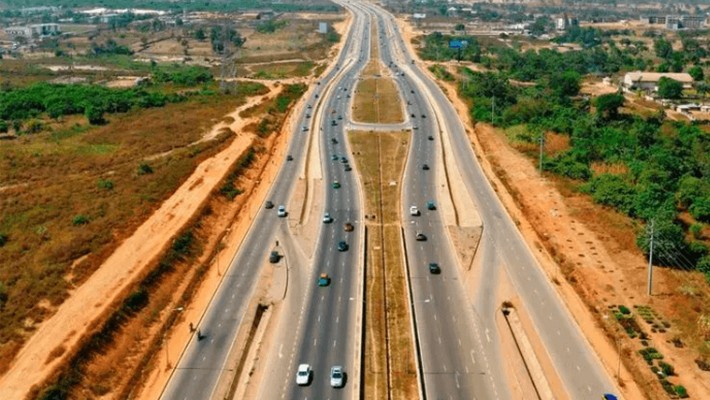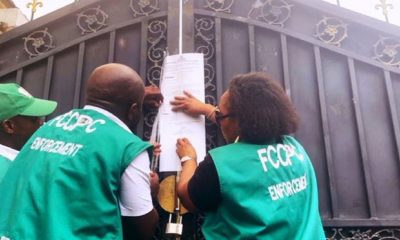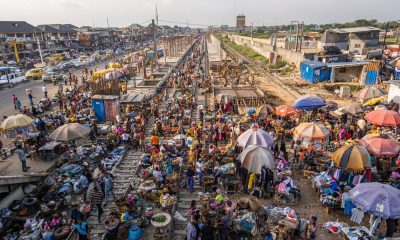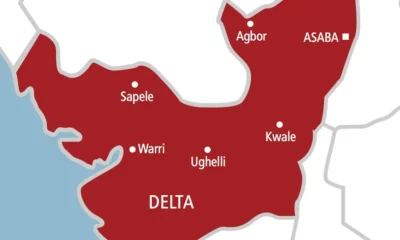
News
Construction Begins on Section 3 of Lagos-Calabar Coastal Highway

iexclusivenews – In a significant development, the Federal Government has announced the commencement of construction work on sections three and four of the Lagos-Calabar Coastal Highway project, starting from Calabar.
This milestone marks a crucial step towards enhancing Nigeria’s infrastructure and promoting economic growth.

READ MORE: FG Cancels Lagos-Calabar Highway Realignment See Why
Key Highlights:
- Immediate Commencement: The Minister of Works, Sen. Dave Umahi, announced that sections three and four would begin immediately, with procurement processes underway.
Starting Points: Section three will commence from Calabar, while section four will start from Akwa Ibom.
– President’s Directive: President Bola Tinubu has directed the immediate start of sections three and four, ensuring simultaneous progress on both fronts.
- Additional Approvals: The president has also approved the commencement of construction work on the Sokoto-Badagry road, a 1,000 km project with immense potential for power generation and irrigation.
Scenic Route: The federal government aims to create a scenic route similar to coastal highways in other countries, with tolling and land sales along the corridors to recoup construction costs.
Economic Benefits: The project is expected to generate significant revenue, with the return on investment starting immediately after the completion of the first section.
– Apapa Port Challenges: The current water depth limitations at Apapa Port result in daily losses due to cargo transshipment, which the new roads will help address by serving as an evacuation corridor for the Lekki Deep Sea Port.

Conclusion: The Lagos-Calabar Coastal Highway project marks a significant milestone in Nigeria’s infrastructure development. With the commencement of construction work on sections three and four, the country is poised to witness a transformative journey, promoting economic growth and enhancing connectivity. As the project progresses, it is essential to prioritize transparency, accountability, and environmental considerations to ensure a sustainable and prosperous future for Nigeria.




























